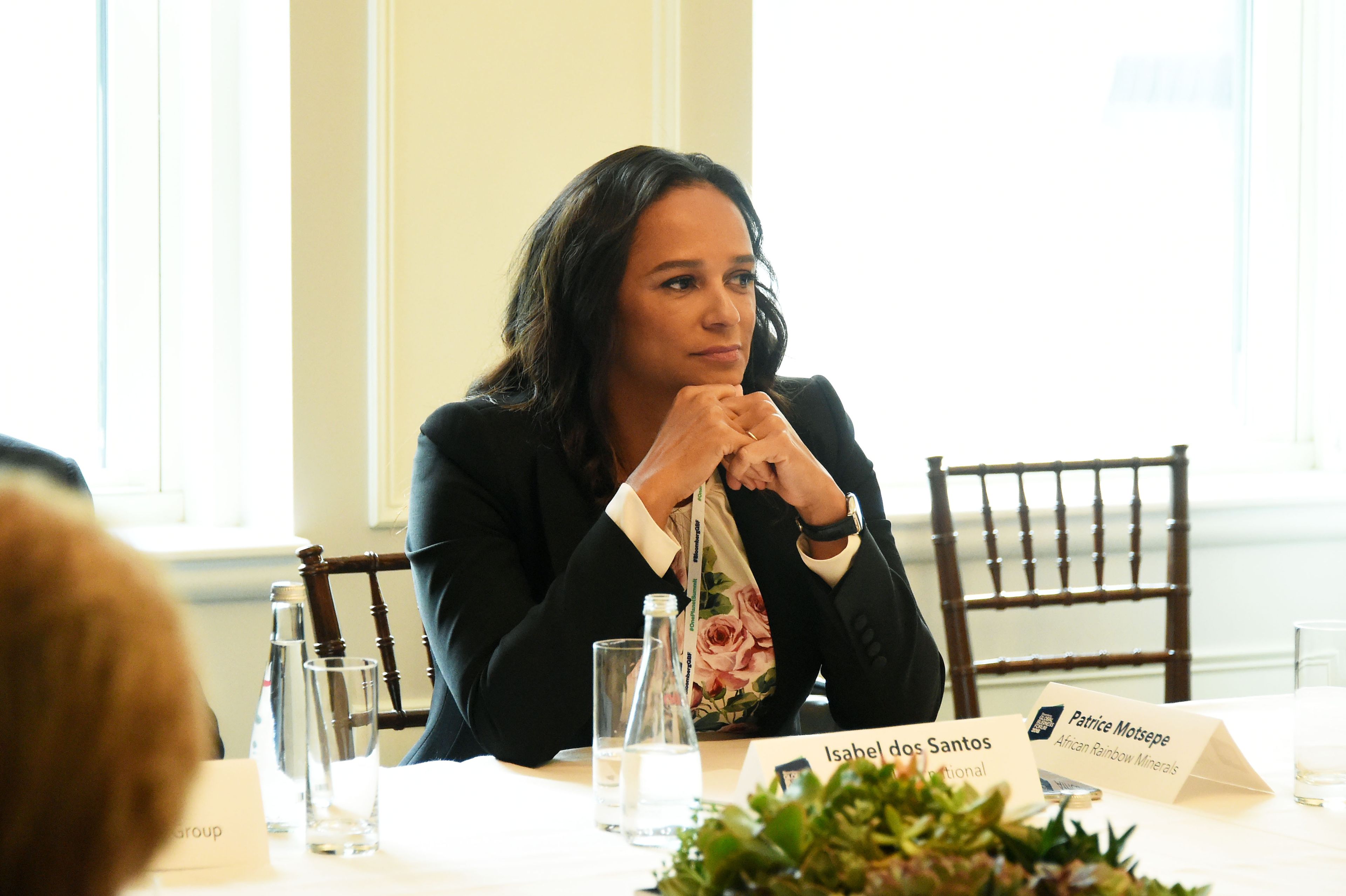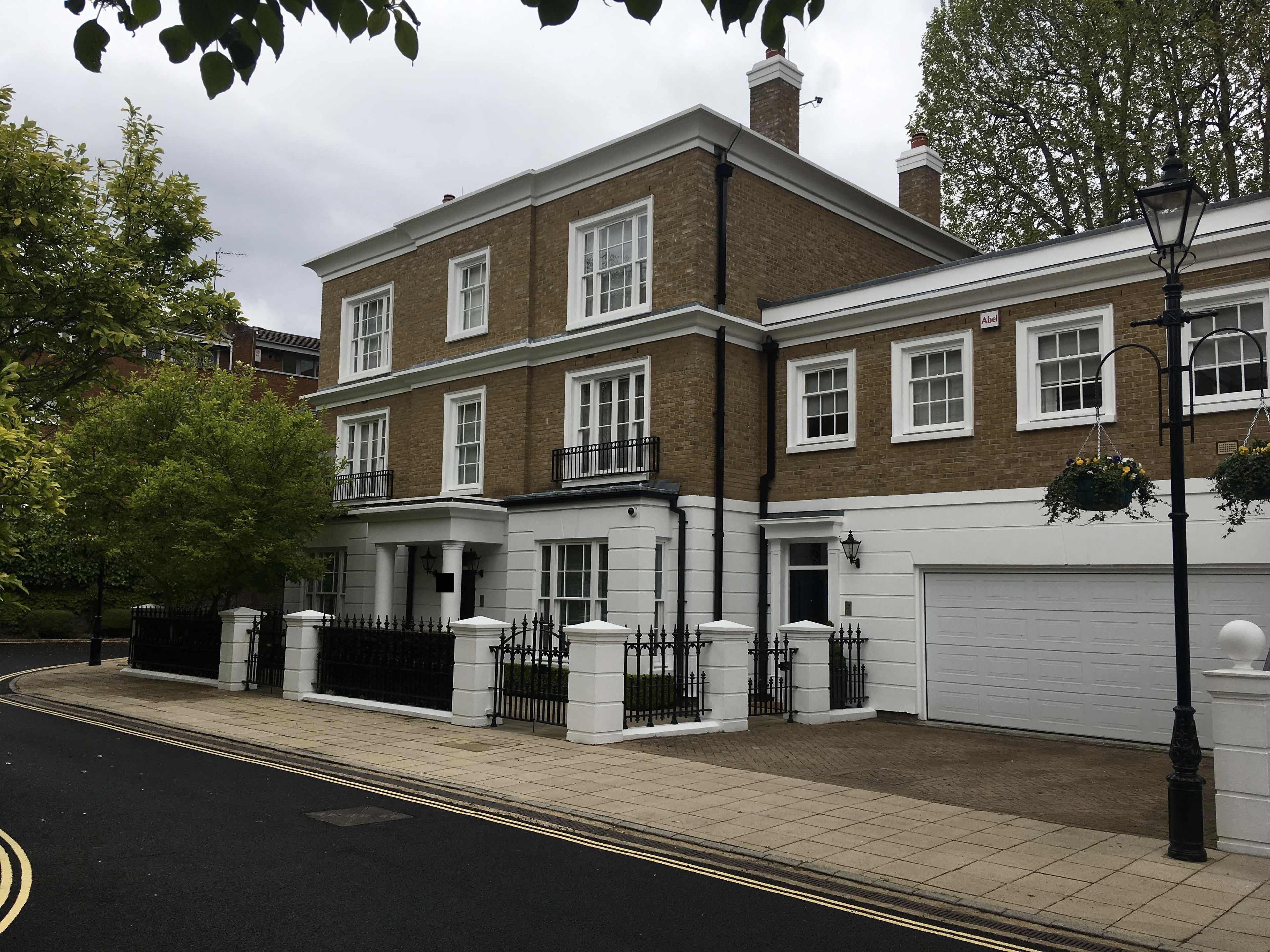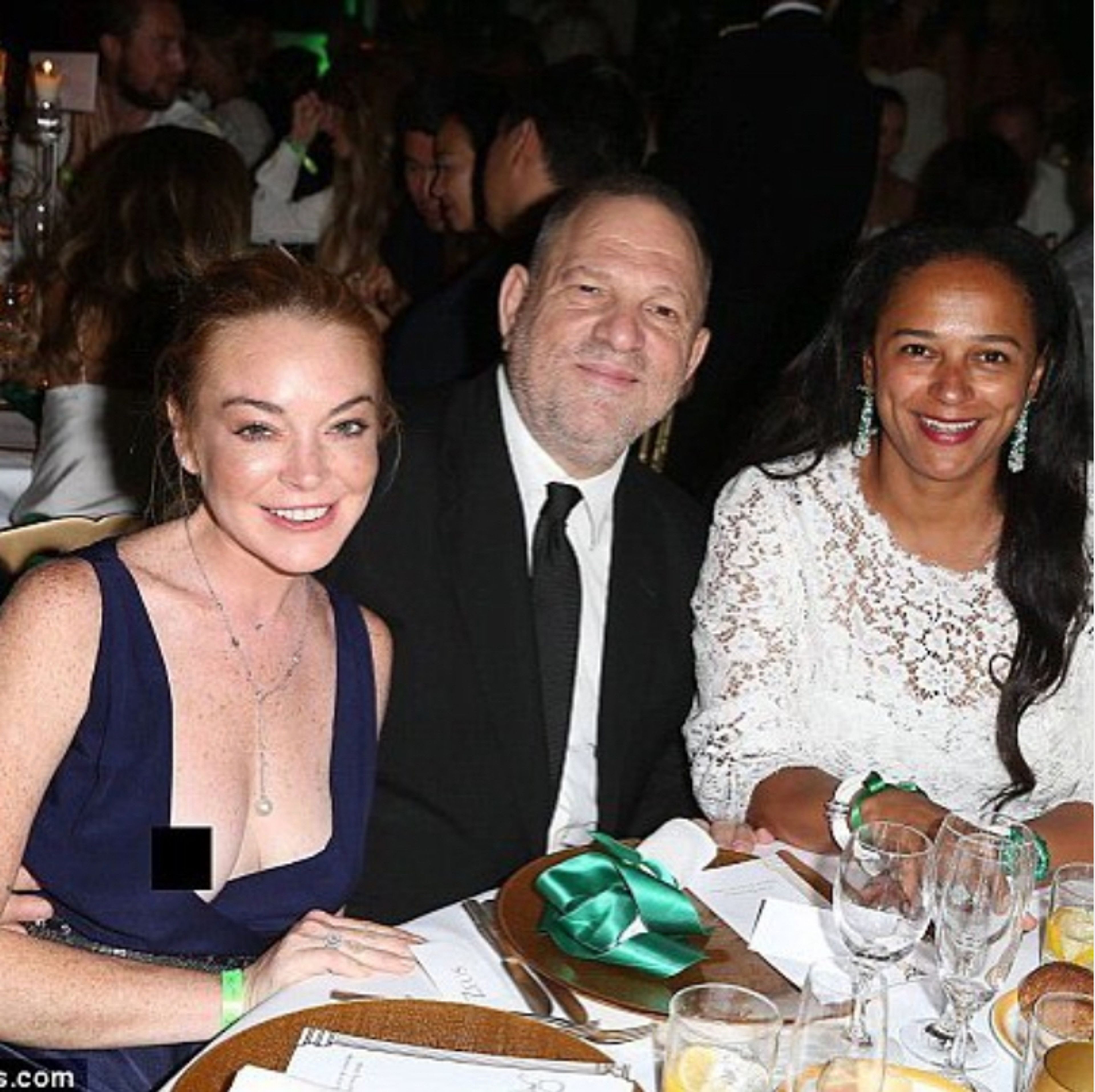Daughter of African kleptocrat has £13m London mansion: How we discovered it

Finance Uncovered worked with a senior journalist in Angola to publish a version of the following article in The Times newspaper on Tuesday, August 13 2019. The piece was followed up by MailOnline andTatler.
A publicly aired planning dispute over a proposed west London house extension has inadvertently revealed the billionaire daughter of an African kleptocrat to be the owner of a £13 million mansion in one of Britain’s most secretive gated communities.
The row, contained in papers lodged with the Royal Borough of Kensington and Chelsea (RBKC), concerned the grand designs of Isabel dos Santos, the glamorous daughter of Angola’s former president.
A regular fixture on the jet-set social scene, Dos Santos, 46, presents herself as a self-made entrepreneur but there have been questions about the source of her wealth for years.
And while it was long rumoured she and her art collector husband had invested in London, were it not for a neighbour’s objection to plans to bulldoze a house in an exclusive gated community in Kensington – and rebuild it as a four-storey “iceberg” home with an underground swimming pool and massage room, her ownership would have remained a secret.
The property was bought without a mortgage via an anonymous company registered in an offshore tax haven.

Now the discovery of the 2016 dispute by Angola’s top investigative journalist, Rafael Marques, has sparked calls for an investigation into how the purchase of the property was funded.
Simon Taylor, a co-founder of non-profit investigators Global Witness who spent several years in the late 1990s digging into the Dos Santos regime, said: “The fact that this property appears to be owned secretly by Isabel dos Santos, through a company based in a tax haven, should raise all the red flags for corruption risk.
“The National Crime Agency (NCA) would normally investigate the source of the funds used to buy a property – and if the funds cannot be determined as legitimate, the property should be seized under the unexplained wealth order regime.”
The NCA estimates that more than £100 billion of criminal funds are laundered through the UK each year. But ever since investigators were given powers last year to freeze assets using “Unexplained Wealth Orders” (UWOs), only a handful of orders have been obtained.
Dos Santos – known as “Princess” to Angolans – is the eldest child of long-time former autocrat José Eduardo dos Santos.

When not rubbing shoulders with pop star Nicki Minaj, actress Lindsay Lohan, and disgraced film producer Harvey Weinstein (pictured), she can be seen on her Instagram account holding forth at lavish symposiums for international investors.
But to her critics, she is accused of benefiting from the kleptocracy which took root during her father’s reign – which she denies.
The country is ranked 165 out of 180 on the latest “Corruption Perceptions Index” produced by Transparency International. According to a report by the anti-corruption organisation, “a deeply entrenched patronage system” arose under President Dos Santos, which benefitted members of the “Futungo”, a secretive cabal of senior politicians and their families who “control much of the opaque financial dealings of the state, using a significant proportion of government resources outside the state budget in a parallel system of state revenue deployment […], enjoy unchecked access to state resources and are widely suspected of using public resources for their personal gain.”
Meanwhile, a third of Angolans get by on less than two dollars a day.
Isabel dos Santos amassed an estimated $2.3 billion fortune in the form of large shares in Angola’s key industries, including cement, banking, telecoms, and diamonds.
But when journalists at Forbes magazine investigated how she made it, they claimed it had largely been derived from her political connections; she would emerge as the beneficiary of lucrative state contracts decreed by her father, or receive chunks of companies wanting to invest in Angola.
Dos Santos has denied any wrongdoing.
A meteoric rise
Her meteoric business rise began in the early 2000s with Unitel, a telecoms company that is part owned by her and part by the Angolan state, and a series of lucrative state-backed deals followed.
In 2002 she married Sindika Dokolo, a 47-year-old art collector from the Democratic Republic of Congo.
Her Kensington mansion was purchased in March 2007 for £8.65 million – estimated by property website Zoopla to have ballooned to £13.3 million today.
The white-stucco fronted property – which was built in the mid-1990s in a mock Georgian style – was acquired by a tax haven firm, a secretive set up that prevents the name of the property’s ultimate owner from appearing on the Land Registry.
Neighbours complain that they have never seen anyone in the property. A reporter who visited found no-one at home.
It is understood that this is just one of a number of “super prime” mansions she owns in London.
UK Land Registry title deeds record the owner as Wilkson Properties Limited, a company incorporated in the Isle of Man. The British Crown dependency has resisted attempts by British MPs to open up to the public a register of who really owns and controls its companies. But last month they backed down and promised to do so by 2023.
Wilkson is managed by The Fortress Group, an Isle of Man-headquartered law firm and “Trust or Company Service Provider” (TCSP). The Fortress Group declined to comment.
When top ministers met in January to discuss current and emerging economic crime threats, they singled out lawyers, accountants and TCSPs, who “continued to play an important role in facilitating laundering,” according to the minutes.
José Eduardo dos Santos announced his retirement as Angola’s president in March 2016. Three months later, he appointed his daughter Isabel chairwoman of Sonangol, the Angolan state-owned oil company.
She was fired from the post in November the following year by the new president João Lourenço, and summoned by prosecutors in mid 2018 to answer questions about transactions she approved at the parastatal that investigators say are suspicious – which she denies. But she ignored the summons, and left for Europe where she now lives in exile.
How we discovered the Dos Santos fingerprints
Details of her mansion emerged during a planning dispute.
In October 2016 architects acting for Dos Santos applied to RBKC with plans for the mansion. Finance Uncovered understands that during a public consultation between architects and residents, it was stated that Dos Santos was the owner.
One resident later lodged a public objection on the council’s online planning portal.
The development would cause major disruption, they wrote, adding that Dos Santos’s presence would prove unpopular.
“Local residents walk through our gardens and despite differences in class and wealth,” they said, “we all get along.
“The proposal to pull down the existing [property] and replace it with [a mansion for] Isabel dos Santos, will create resentment, divisiveness and poor community feeling.”
The resident’s comments provoked a legal backlash from London law firm Carter Ruck.
The objection has since been redacted to hide Dos Santos’s name. But before it was edited, a copy was obtained by Angolan investigative journalist Rafael Marques.
Finance Uncovered contacted the resident, who declined to comment and asked not to be named.
The council initially rejected the planning application but after Dos Santos’s architects won an appeal at the Planning Inspectorate, permission was eventually given.
When contacted by Finance Uncovered, Carter Ruck confirmed Dos Santos was its client and that it had represented her in the planning dispute.
“It is somewhat odd that you are apparently seeking to revisit this stale matter now,” one of its lawyers said, “some 2½ years later.”
“Be that as it may, in the event that, for whatever reason, you do choose to publish an article, we trust that you will ensure that you do not cite our client’s private information, or that of her family.”
Finance Uncovered repeatedly contacted Isabel dos Santos – via Carter Ruck – to state that we would be publishing an article about her ownership of the mansion, and to ask where the money to purchase it came from. Neither she nor Carter Ruck responded to those points.
Another document lodged with the council as part of the planning application has also been analysed by Finance Uncovered and provides further indications as to who was behind the redevelopment proposals.
It is an expert’s land contamination report that has tried to blank out the name of the clients. But in fact the names become visible when a simple page search is performed: the names are Mr and Mrs Dokolo.
‘A Calamity State’
Luaty Beirão, an Angolan rapper and anti-corruption activist who was jailed for a year between 2015 and 2016 for allegedly plotting a revolution, said given the allegations levelled at her father’s regime, his countrymen would not be surprised to learn dos Santos owned a London mansion.
But he added: “The difference will be if action is taken [to] confiscate the property.”
He branded his oil rich country a “calamity state” where child mortality was endemic and the future bleak for those who survive into adulthood.
He said: “We know who created this situation. It wasn’t just the fact that we have a 27 year long civil war. After the war ended the oil boomed and the money just disappeared.
“We know who took it. Lourenço [the current president] knows who took it. And these people are not being held responsible for what they did.
“They took it all.”
He said: “You have millions of people living below the poverty line. Last year you had two million kids out of school because they didn’t have enough schools, enough teachers.
“More than half of our budget is for debt service. We’re not even paying off the debt. We’re just paying off interest. With more than half of our national budget!”
“This is the calamity state we live in.”
*Additional reporting by Maka Angola
*Edited By Ted Jeory, Lionel Faull and Nick Mathiason